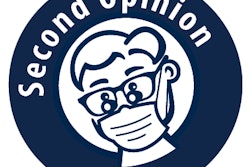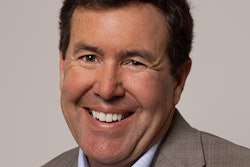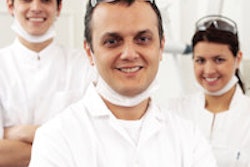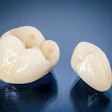
Washington legislators are considering changing the state's dental law, which supporters say will remove regulatory uncertainty for dentists who work for dental support organizations (DSOs). But the Washington State Dental Association (WSDA) says the proposed changes could lead to decisions based more on profit than the ethical treatment of patients.
The House bill, HB1514, introduced on January 22 by state Rep. Laurie Jinkins (D-Tacoma), amends current law by changing part of the definition of a person who practices dentistry from one who "owns, maintains, or operates an office" to "a dental practice to engage in the clinical practice" of dentistry.
Similar to most states, current Washington law forbids anyone from practicing dentistry except licensed dentists.
The eight-page bill also adds a new section to the law, which forbids nonlicensed people or professional entities from interfering with dentists "independent clinical judgment" by imposing time limits or quotas related to patients or dental care.
DSOs have seen huge growth in the past few years. In 2008, only 4% of dentists worked for DSOs; now, nearly 18% of dentists are affiliated with them, noted Roger P. Levin, DDS, CEO of the practice management firm Levin Group.
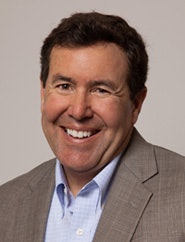 Quinn Dufurrena, DDS, JD.
Quinn Dufurrena, DDS, JD.The changes are necessary to reflect modern business models in dentistry, according to Quinn Dufurrena, DDS, JD, executive director of the Washington Coalition for Modern Oral Health, a DSO that supports the bill.
"The current statute is 80 years old," Dr. Dufurrena told DrBicuspid.com. "Dating back to 1935, its antiquity and its ambiguity have raised concern that it could be putting dentists at risk. Specifically, the statute could not have anticipated the many advances in dentistry that have taken place since 1935, and, as a result, dentists may be operating in a state of regulatory uncertainty."
However, the WSDA contends the changes could lead to dental practices being controlled by corporate interests rather than dentists.
"When nondentists acquire ownership stakes in dental practices, we have serious concerns," WSDA President Gregory Ogata, DDS, told DrBicuspid.com. "House Bill 1514 essentially allows for anyone, not just a dentist, to own a dental practice. When corporate shareholders get involved, the bottom line may become more important than the ethical treatment of the patient."
But Dr. Dufurrena noted that the proposed changes make it "crystal clear that dental practices are and can only be 100% dentist-owned, that there is and can be no interference with a dentist's clinical decision-making or the integrity of the dentist-patient relationship." The revisions simply "clarify the arrangements that dentists can enter into in compliance with the dental statute," he added.
The WSDA emphasized that it is not opposed to the concept of dentists choosing to work for or joining DSOs, a business model that is growing nationwide. "The WSDA supports licensed dentists organizing themselves into group practices or a single-licensed dentist owning several offices," Dr. Ogata noted.
But current law correctly limits who can own or operate dental offices, according to the organization.
"The WSDA strongly supports current state law which allows only licensed dentists to own, maintain, and operate a dental practice," Dr. Ogata said.
DSOs could help alleviate a severe shortage of dentists in Washington, said Dr. Dufurrena, noting that 32 of the state's 39 counties have been designated as dental health professional shortage areas. The problem is particularly acute in rural areas and poses a threat to children who have difficulty accessing dental care, he said.
In October 2014, the U.S. Federal Trade Commission and Texas business groups urged rejection of new rules (22 Tex. Admin. Code § 108.70 and 22 Tex. Admin. Code § 108.74) proposed by the state dental board regarding DSOs, saying they would restrict dentists' ability to contract with DSOs and could hamper business competition.
However, North Carolina lawmakers approved a bill in 2012 that added more regulatory oversight to contracts between DSOs and dentists.




